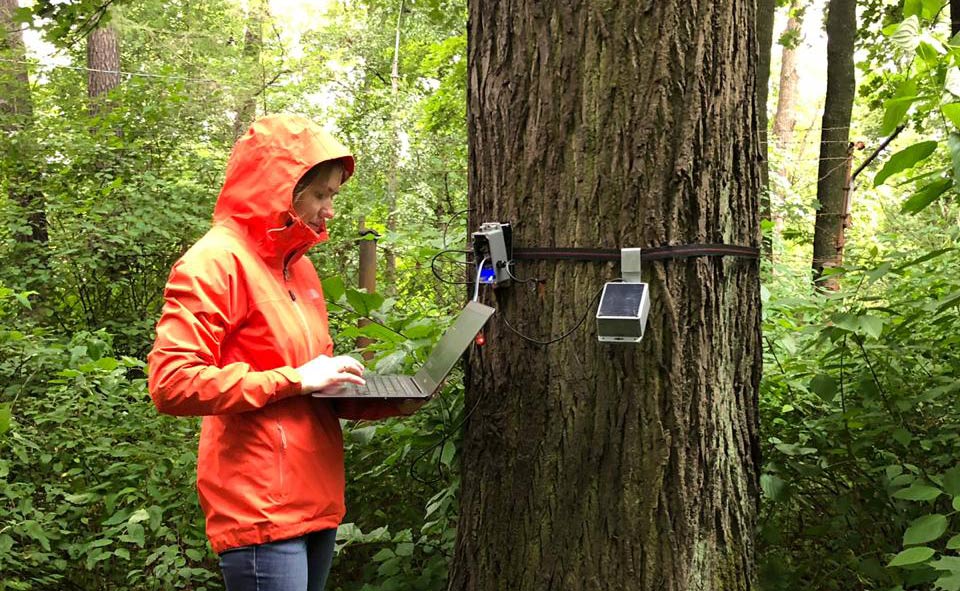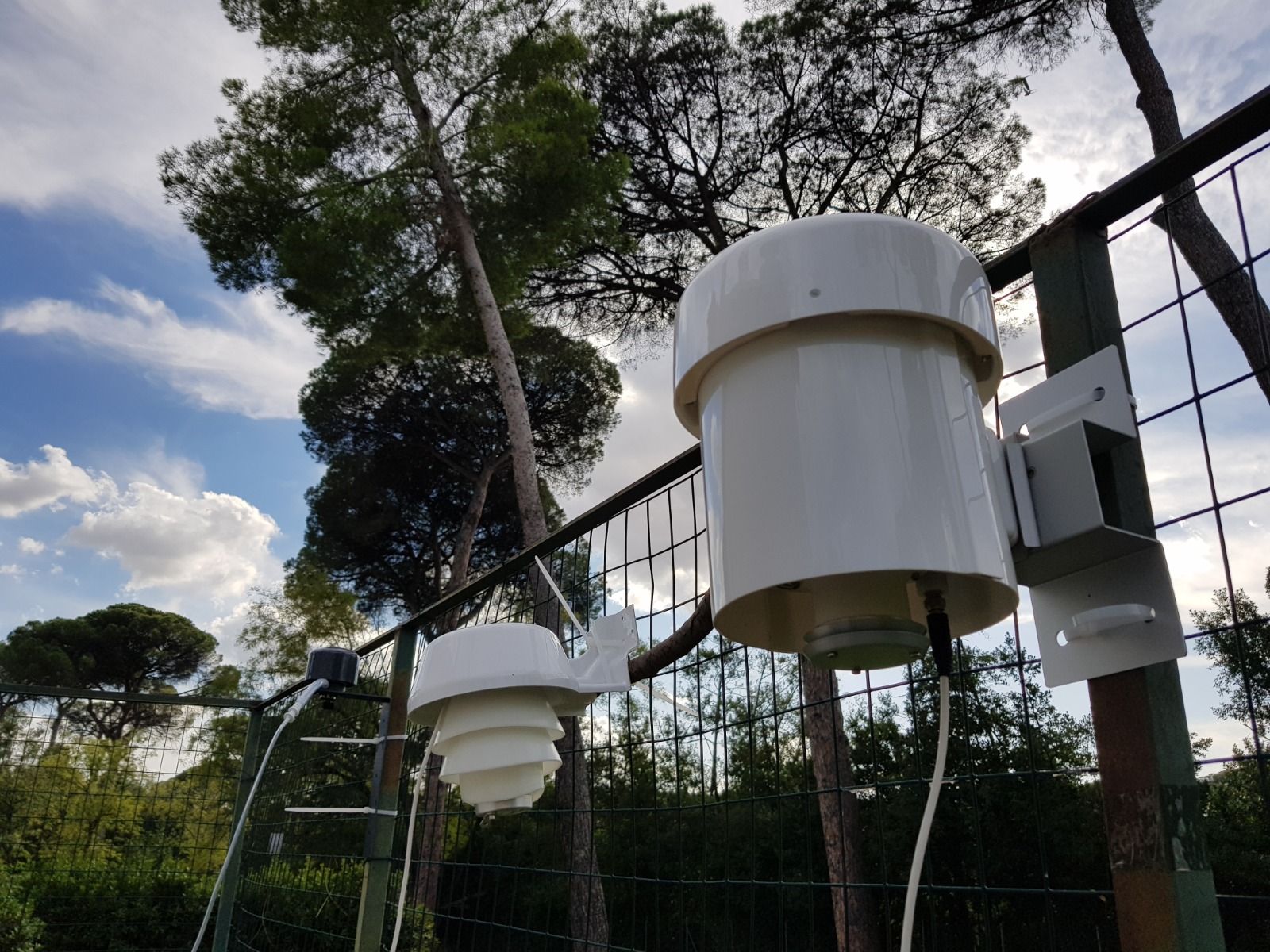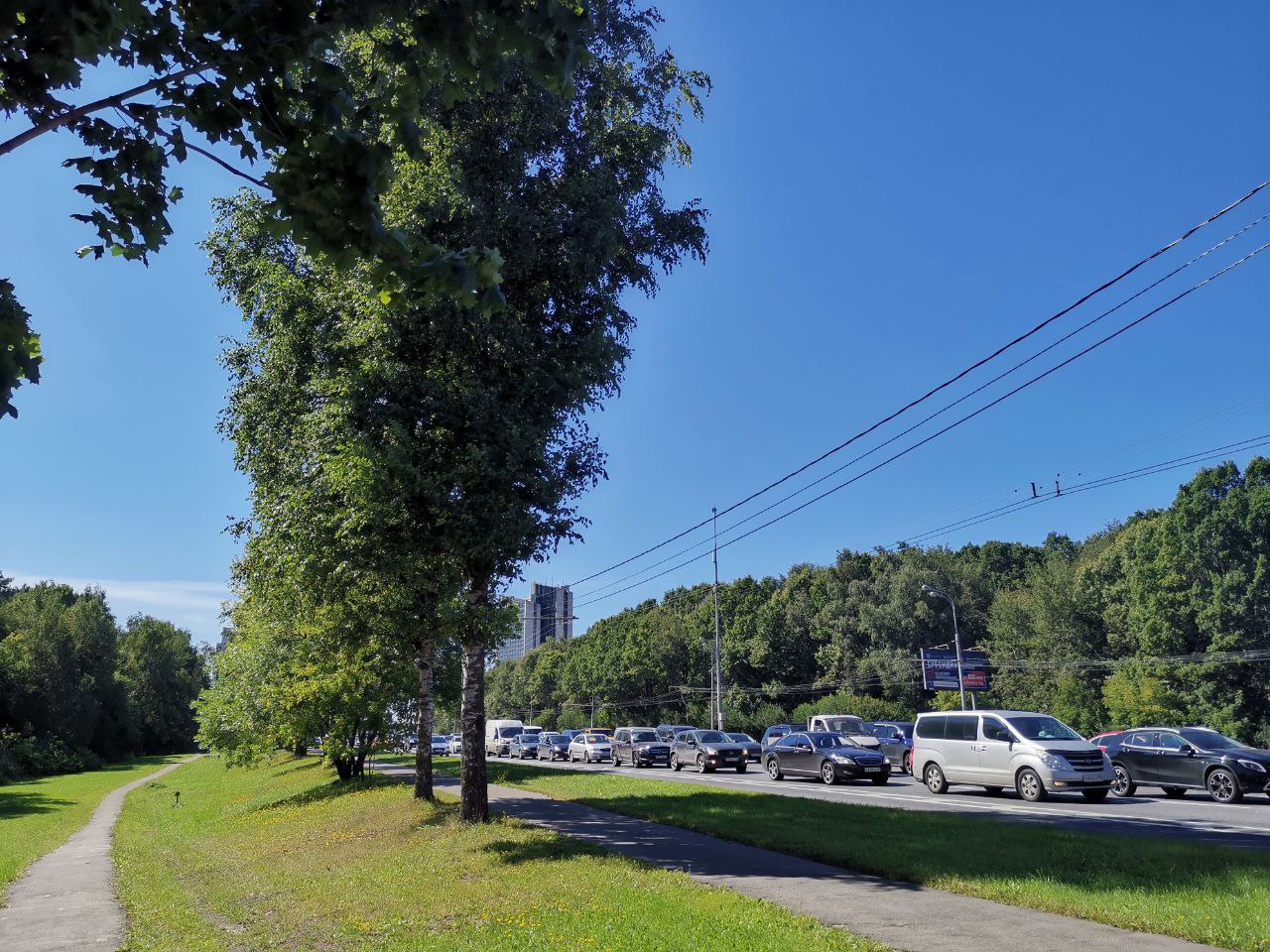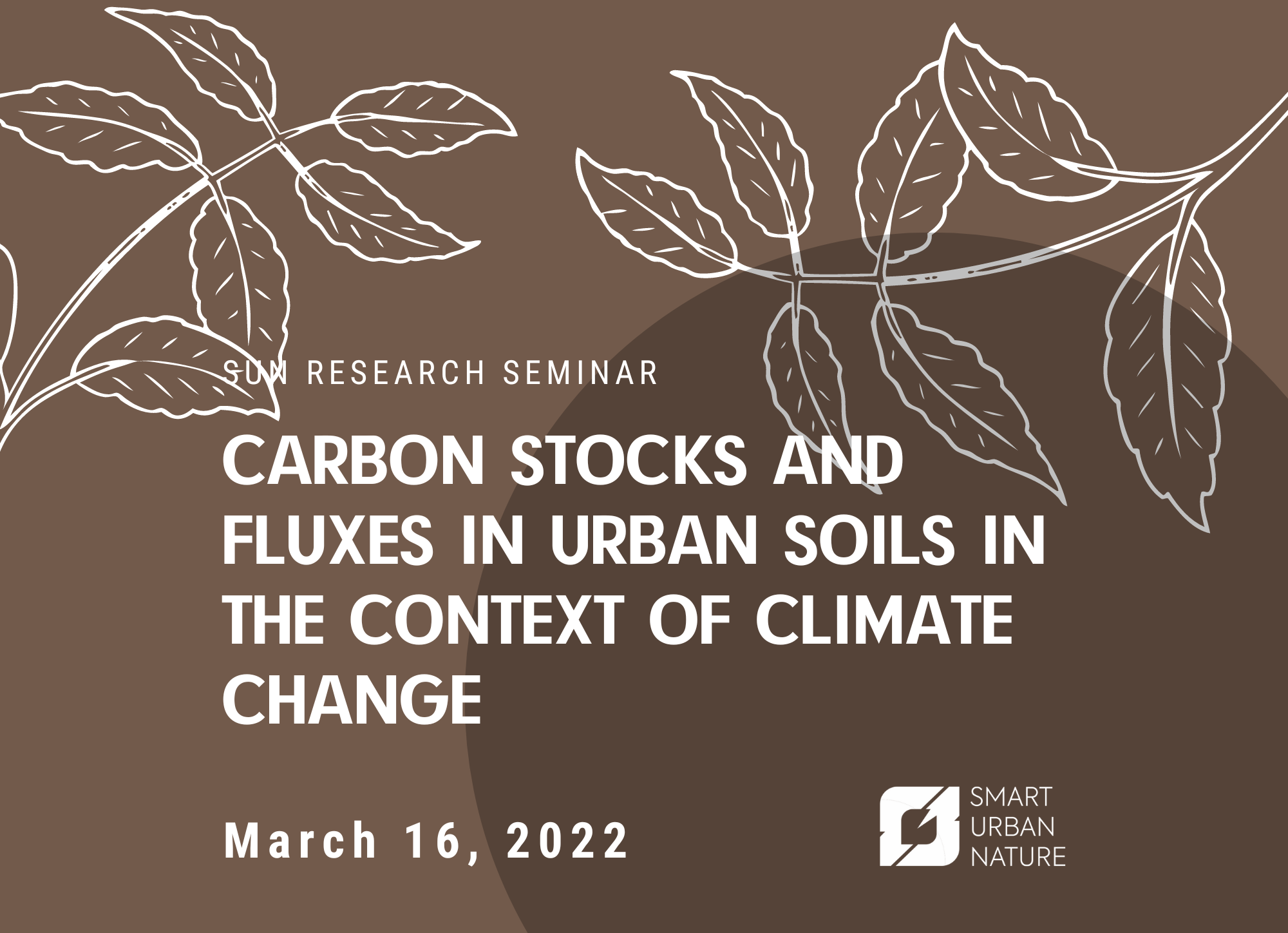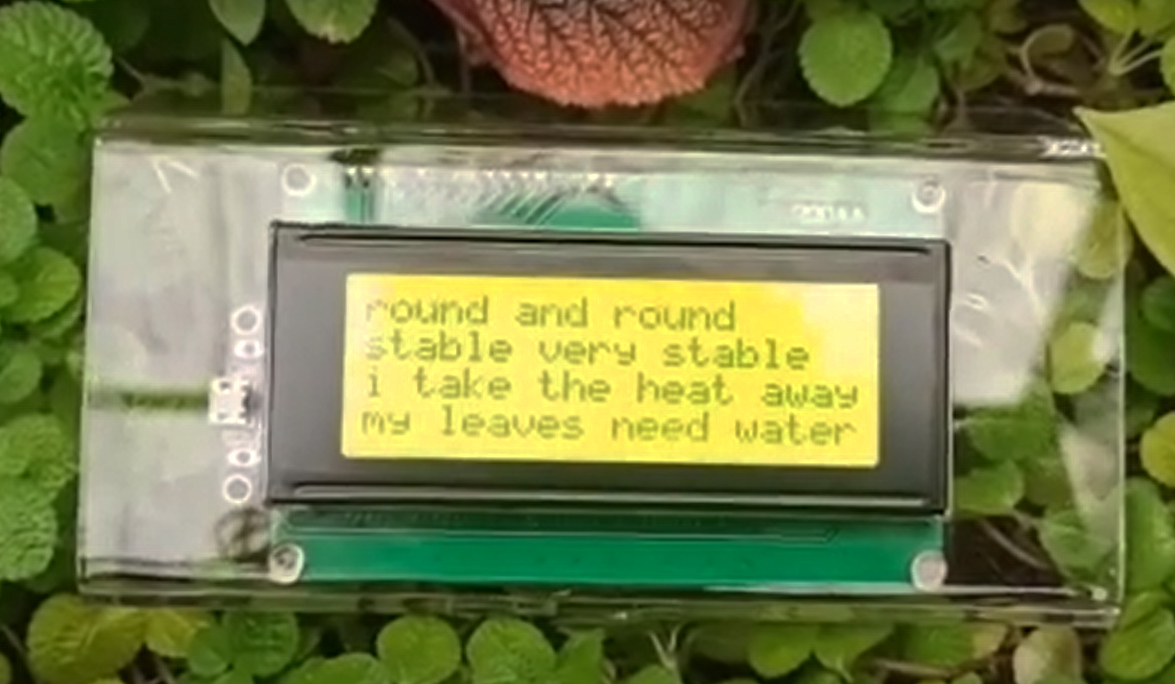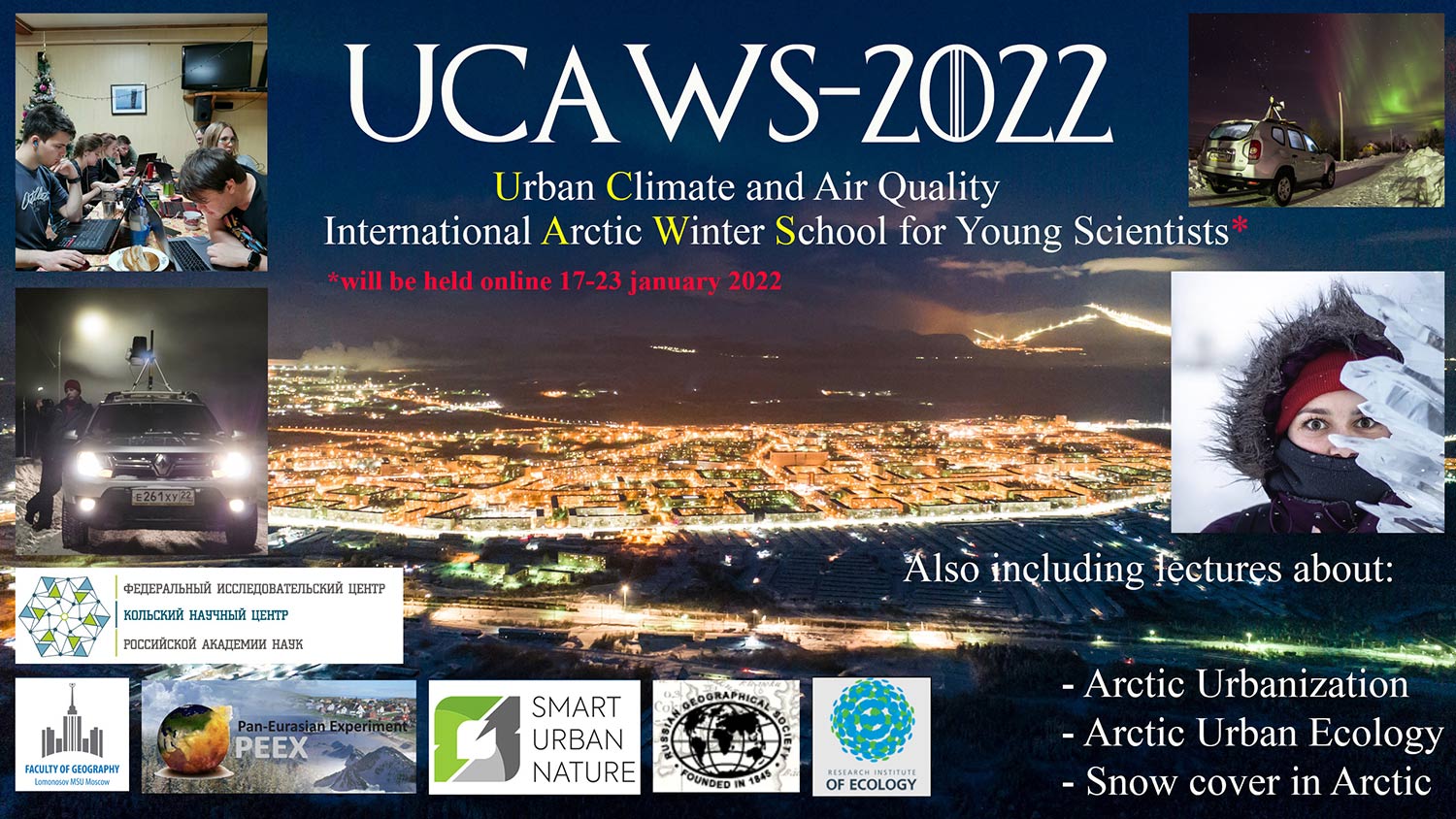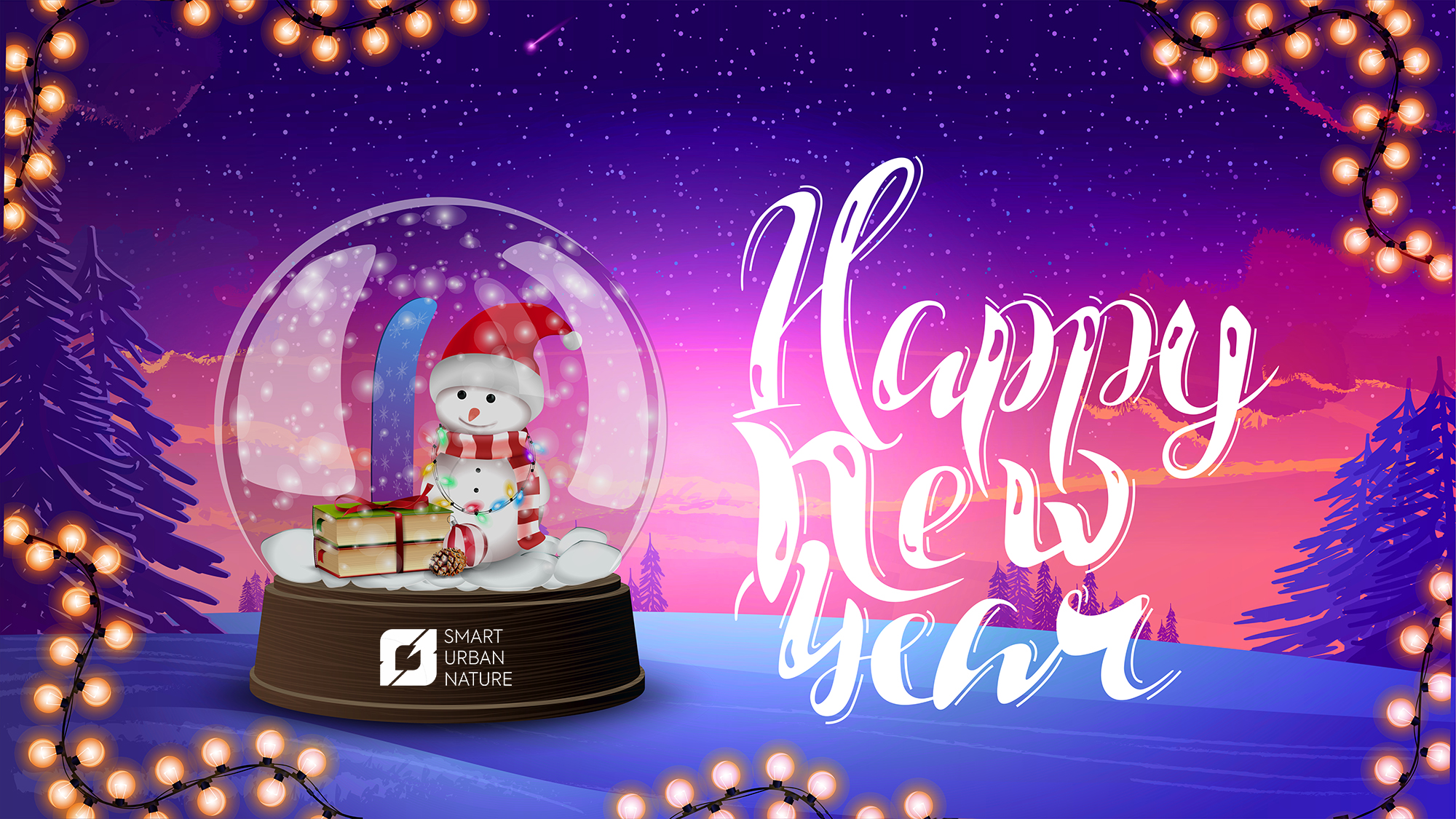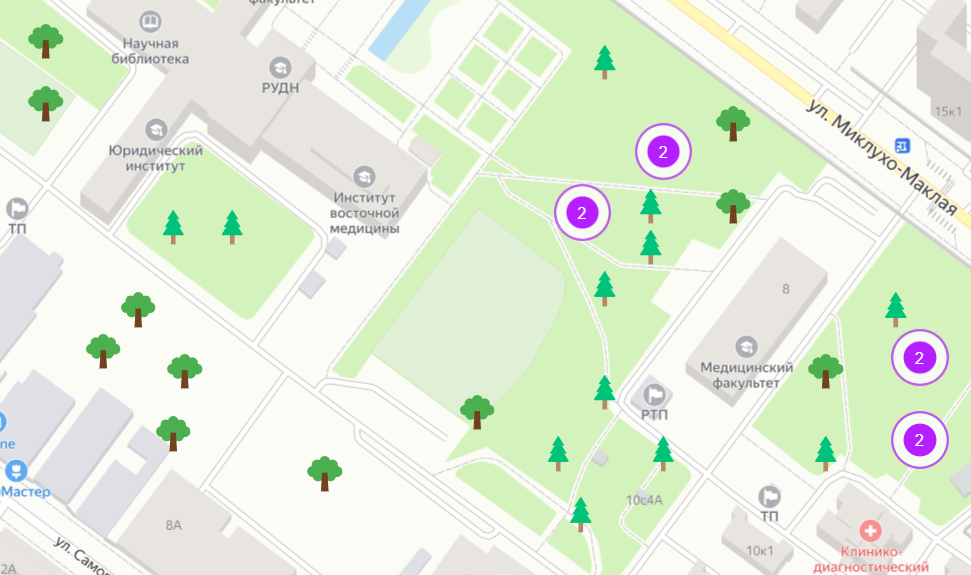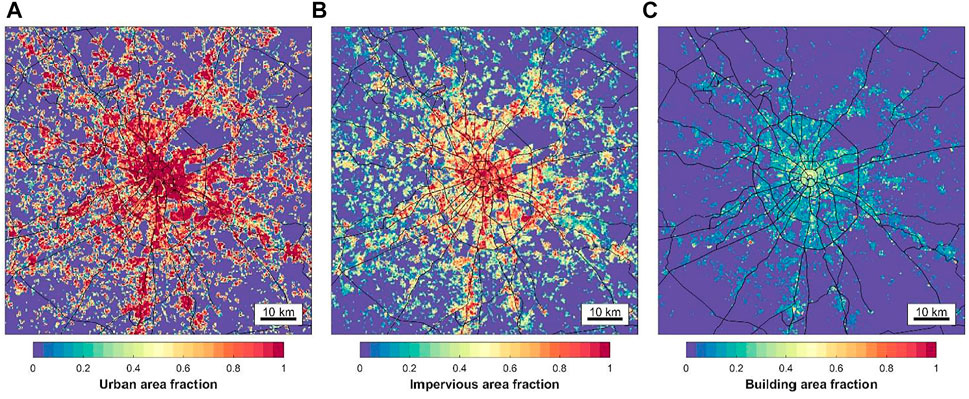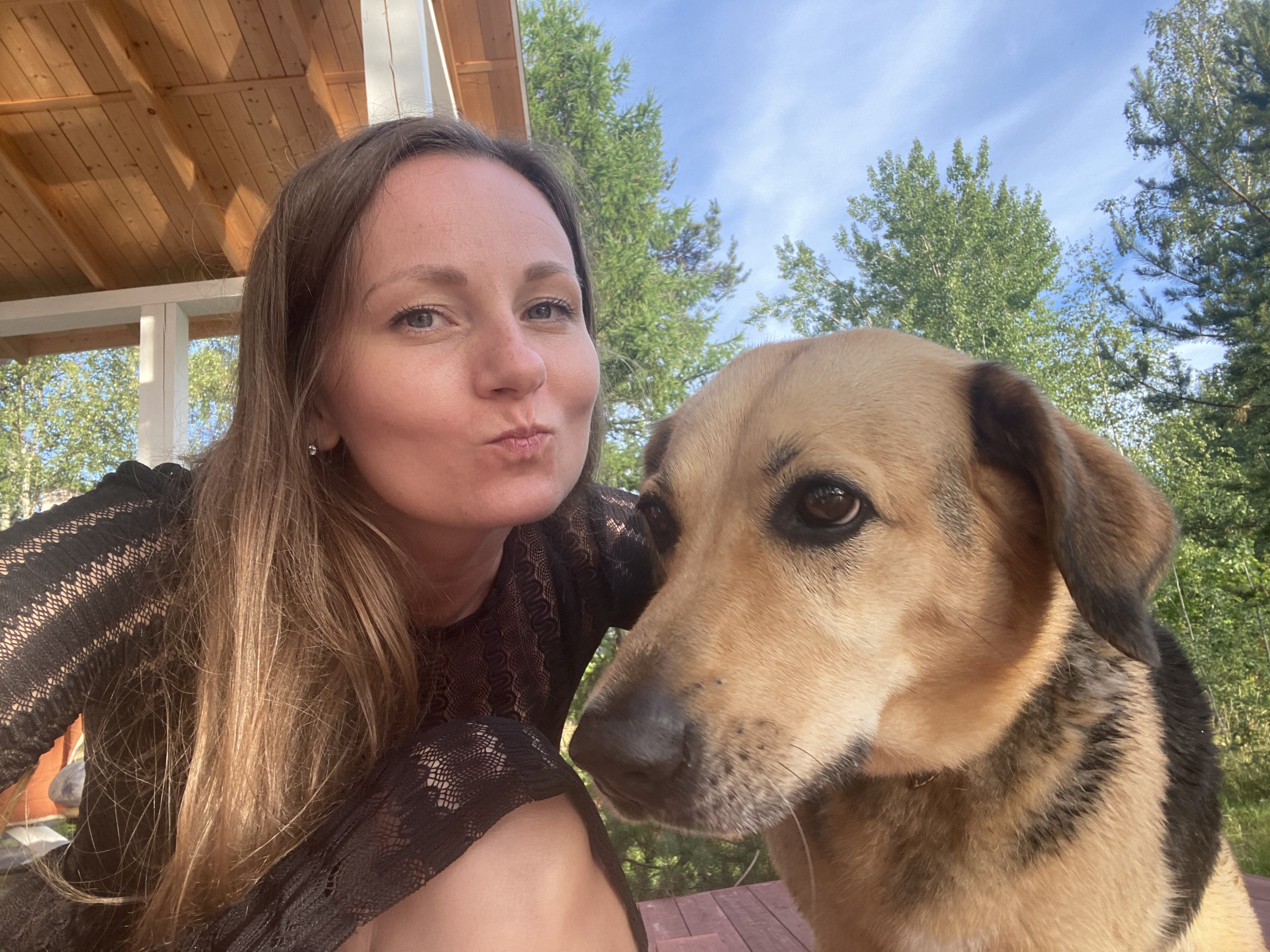The research center “Smart technologies for sustainable development of urban environment under global changes” of RUDN University announces a job opening for a Postdoctoral position within the PhD program “Green Infrastructure & Sustainable Development”.
IoT technologies for ecosystem monitoring: towards a new era in urban ecology
An international scientific seminar “IoT technologies for ecosystem monitoring: towards a new era in urban ecology”, organized by Smart Urban Nature Research Center of Agrarian and Technological Institute of RUDN University will be held on May 11, 2022.
SUN Researchers have found that transport pollution increases the number of microorganisms potentially dangerous to humans on plant leaves
Scientists from the Smart Urban Nature laboratory, in collaboration with colleagues from the Netherlands and Italy, have shown that microbial communities living on the surface of leaves are sensitive to transport pollution. With the approach to highways, the activity of microorganisms increases, their species diversity decreases, and the proportion of conditionally pathogenic forms increases. These changes are associated with an increased concentration of pollutants (mainly Zinc) and microclimatic conditions near the roads: low humidity, high temperature and ultraviolet radiation. It is important to note that the study of plant microorganisms will help assess the ecological state of nature in the city and their possible impact on human health. Article published in Plants (Q1) journal. The research was partly supported by Russian Foundation for Basic Research (RFBR) and Russian Science Foundation (RSF).
Carbon stocks and fluxes in urban soils in the context of climate change
International Scientific Seminar of Smart Urban Nature research center
The Research center «Smart technologies for sustainable development of the urban environment in the global change» Agrarian and Technological Institute RUDN University organizes an international scientific seminar «Carbon stocks and fluxes in urban soils in the context of climate change», which will be held on March 16, 2022. The event will take place online on the Microsoft Teams platform.
To be the wind for the tree: Tree Talker as an intermediary between science and art
On February 8, 2022, the Museum of Contemporary Arts named after S.P. Diaghilev presented an exhibition accompanied by an interview film about the interdisciplinary science-art project “To be the wind for the tree” by Natalya Fedorova, a media artist and lecturer at the Faculty of Liberal Arts and Sciences. The project is inspired by the Herbarium of the Botanical Garden of St. Petersburg State University and was created in external partnership with the Smart Urban Nature laboratory of RUDN University, the laboratories of the Art & Science program of ITMO University and the Forestry Engineering Academy.
SUN Lab scientists took part in organizing international winter school on urban climate
In January 2022, the first experimental international winter school for young scientists “Urban Climate and Air Quality Winter School (UCAWS-2022)” was successfully held at the Khibiny educational and scientific base of Moscow State University in Murmansk region. The school was designed for senior students, masters, graduate students and young scientists under 40 who are interested in the problems of urban climatology, urban air quality, urban studies, urban ecology in relation to the cities of the Eastern and Western Arctic. This topic is extremely promising in recent decades, especially in the light of Russia’s chairmanship of the Arctic Council in 2021–2023.
Smart Urban Nature laboratory wishes a Happy New Year
The last month of 2021 was so busy that we did not have enough time to sum up the results of the whole year. Now we had a rest and, looking back, we would like to share some of our achievements.
The year 2021 gave us new results and new colleagues, allowed us to implement interesting projects and become part of the projects of our partners. Despite the continuing restrictions on travel to other countries, we do not stop our international cooperation and contacts, but on the contrary we multiply and strengthen them.
SUN Lab presented the results of the third year of the SUN project
SUN Lab presented the results of the third year of the project “Smart technologies to monitor, model and evaluate ecosystem services provided by urban green infrastructure and soils to support decision making in sustainable city development under global changes”, supported by a Russian Science Foundation (RSF).
Research in the third year of the project was focused on 3 main objectives:
- monitoring of ecosystem services of urban green infrastructure based on the Smart Urban Nature network;
- interpretation of monitoring data for ecosystem services for various target groups and practical tasks;
- application of the results of monitoring and modeling ecosystem services to support decision-making in the field of sustainable development of the urban environment.
SUN Lab scientist explained how particular hot spots in a city form an urban heat island
SUN lab researcher Mikhail Varentsov in collaboration with Russian and German colleagues explained the patterns of temperature rise in megacities. Scientists from RUDN University, Moscow State University, Moscow Center for Fundamental and Applied Mathematics with colleagues from Ruhr University in Bochum (Germany), Freiburg University (Germany) and Berlin Technical University (Germany) found that not only the alternation of local climatic zones, as previously thought, but also the heterogeneity of the urban environment on a scale of several kilometres make a significant contribution to the formation of an urban heat island on the scale of the entire city. This can be compared to the synergy effect, when the result of the interaction of several factors is more powerful than the sum of the effects caused by the same factors separately.
SUN lab experts estimated pets’ significance within ecosystem services classification
Ongoing urbanization has led to a significant increase in the number of pets and has altered the relationships between pets and owners from primarily utilitarian to cultural. Today existing classifications of ecosystem services and nature’s contributions to people explicitly consider only the ES provided by livestock and wild animals. Despite this, scientists from Smart Urban Nature laboratory tried to give it a fresh view and attempted to translate perceived benefits and costs from owning dogs or cats in a megapolis into ecosystem services and disservices frameworks considering such pets as natural biotic elements of a megapolis and thus, essential parts of urban ecosystems.

